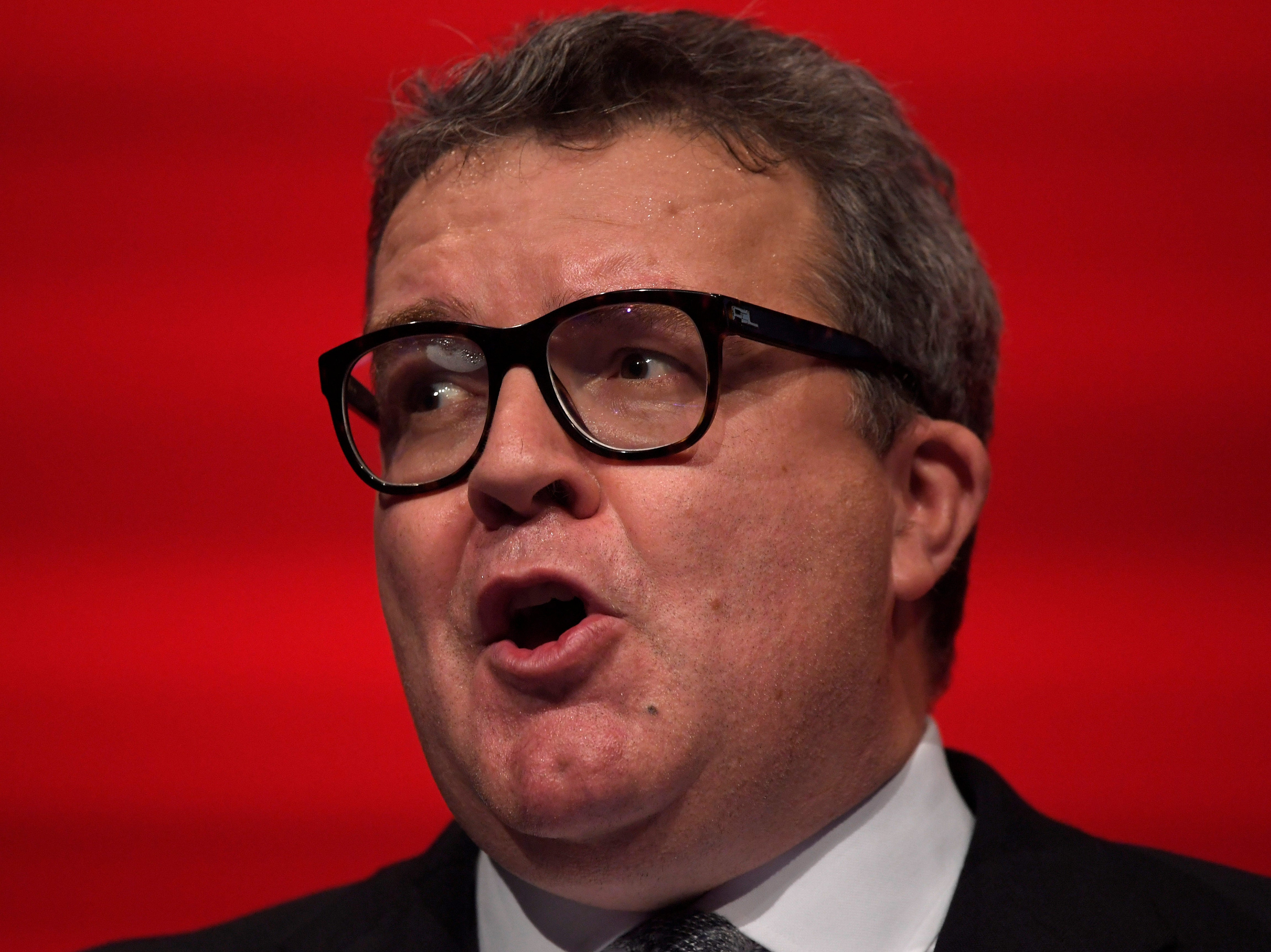
Shadow Culture Secretary Tom Watson has called for the creation of a new digital watchdog which has the power to break up tech monopolies such as Google and Facebook and stop the “subversion of democracy” online.
Tom Watson was expected to say in a speech today that Labour also plans to hand charitable status to “some local, investigative and public interest journalism that have been suffering from the digital revolution”.
Labour leader Jeremy Corbyn first touted charity status for news outlets last summer in a speech outlining potential Labour policy on the media that included creating a “public interest media fund” paid for by tech giants
Speaking at the Whitechapel Art Gallery at an event hosted by centrist think tank Progressive Centre UK today, Watson was set to say: “The digital economy has displaced much of traditional journalism. One-hundred-and-thirty-six local and regional papers have closed in just six years.
“And there are 6,000 fewer full-time positions in the industry than in 2007. And rather than facilitating credible, public service journalism online to fill the gap, platform monopolies have pocketed the profit and let fake news run riot.
“We need a digital public sphere to help to fill that vacuum. The public policy response must be rigorous and open minded, considering all solutions for modernising media institutions, including through granting charitable status for traditional news businesses in transition.
“It’s true that the marketplace for online news seems broken. But here is our chance to set that right and design a digital public sphere that will promote informed debate, sustain active citizenship, and protect the values of our democracy.”
Watson, Labour’s deputy leader, will also outline plans for media literacy education, and accuse tech platforms of choosing “ad sales over accuracy” and “clickbait over credibility”.
He was due to say: “We will work with civil society groups to cultivate public knowledge about disinformation, and we will deliver media literacy across our education system to support the next generation of voters.”
In a statement on Labour’s proposals, NUJ general secretary Michelle Stanistreet said: “It’s high time the tech giants were legally obliged to protect young people online.
“Labour’s proposals are a welcome contribution to the broader debate about how these global titans can change their approach to one that prioritises the public interest.”
Watson’s speech comes ahead of a white paper on online harms set to be published by the Government later this month.
The white paper will look at how social media and the internet could be regulated in the face of fake news, bullying, child abuse and other digital harms.
Picture: Reuters/Toby Melville
Email pged@pressgazette.co.uk to point out mistakes, provide story tips or send in a letter for publication on our "Letters Page" blog
